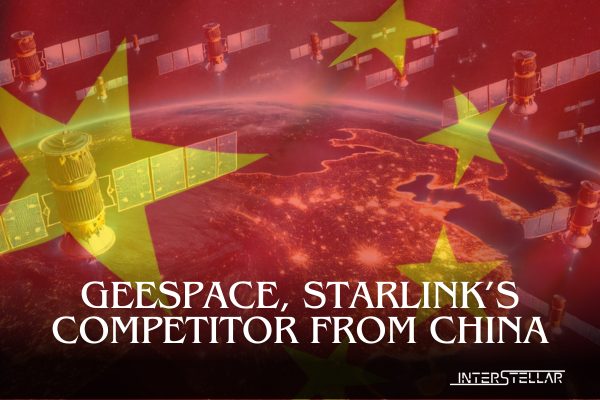Geespace Launches Third Batch of Satellites, Aims to Rival SpaceX’s Starlink
Geespace, a subsidiary of Chinese automaker Geely, has successfully launched a third batch of low Earth orbit (LEO) satellites. This latest launch supports the company’s goal of building a satellite megaconstellation, which it describes as China’s equivalent to SpaceX’s Starlink. The 10 satellites were launched from the Taiyuan Satellite Launch Centre in Shanxi province.
With this addition, Geespace now operates a total of 30 satellites, offering 24-hour communication coverage to 90% of the world. This achievement makes Geespace the first Chinese commercial aerospace company to offer global satellite communication services using LEO technology.
Building China’s Own Starlink Equivalent
Geespace was founded in 2018 by Geely Technology Group to develop and manage LEO satellites. LEO satellites, typically orbiting at altitudes of 300 to 2,000 kilometres, offer more efficient transmission and are cheaper to launch compared to higher-orbit satellites. Geespace’s ambition is to build a network of 6,000 satellites, aiming to provide global broadband services similar to SpaceX’s Starlink.
SpaceX, owned by Elon Musk, operates Starlink, which currently has approximately 5,500 satellites. It serves various sectors, including consumers, businesses, and government agencies, primarily in the US. Starlink is expanding rapidly and aims to grow its system further by launching tens of thousands more satellites.
Geespace’s Expansion Plans
Geespace’s megaconstellation is being developed in phases. The first phase, which involves launching 72 satellites, aims to serve over 200 million users worldwide by 2025. The second phase will add 264 satellites to support mobile phone communications. The third phase will launch nearly 5,700 satellites to provide high-speed broadband services on a global scale.
Other Chinese companies, such as Shanghai Spacecom Satellite Technology (SSST), are also vying to create satellite constellations to rival Starlink. SSST recently launched its “Thousand Sails Constellation,” which plans to deploy 648 satellites by 2025 and eventually expand to 15,000 satellites by 2030.





